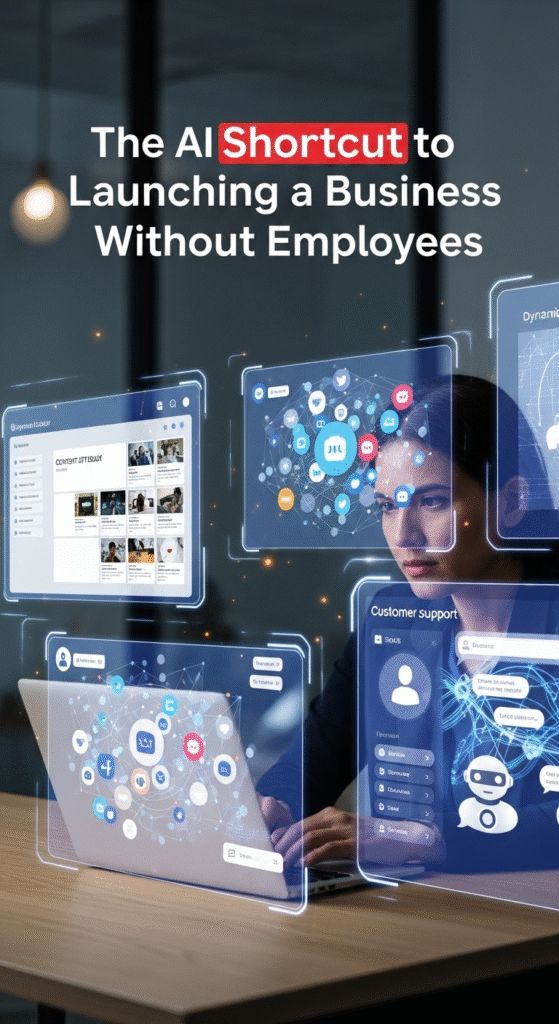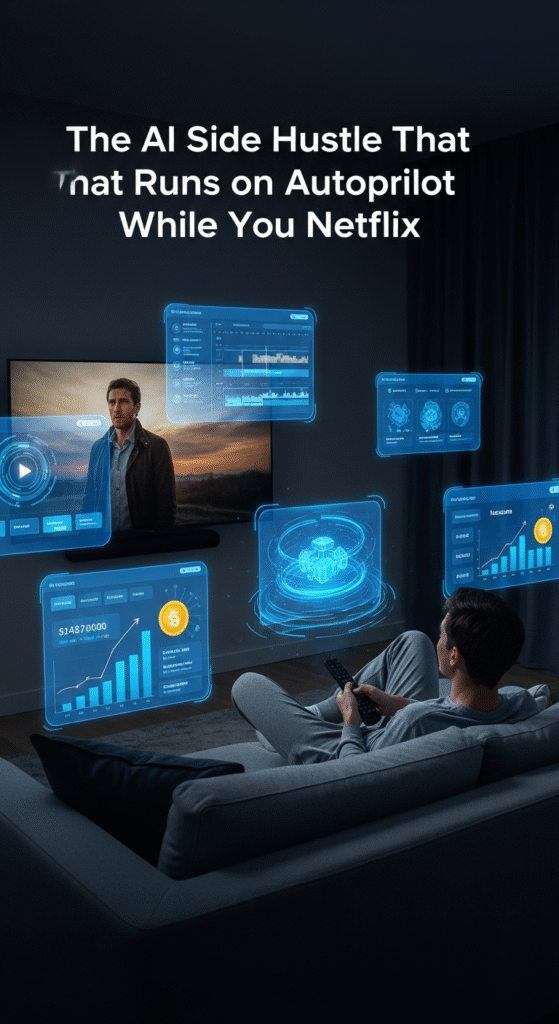“Your digital identity is worth more than your wallet—and hackers know it. Every leaked password, every lazy click, every social media overshare becomes a puzzle piece in someone else’s scam. The hidden truth? Most hacks don’t happen because criminals are geniuses—they happen because regular people leave the door wide open. From weak passwords to unsecured Wi-Fi and fake log-in pages, you’re probably already exposed in ways you don’t realize. The good news is you don’t need to be a cybersecurity expert to lock things down; with a few free tools and smarter habits, you can make your digital identity nearly hacker-proof before tonight.”
Why Your Digital Identity Is the Real Jackpot
Think about it:
- A stolen credit card? Banks refund.
- A stolen phone? You buy a new one.
- A stolen identity? That follows you for years.
Hackers trade identities on dark web marketplaces like rare baseball cards. One leaked login can be flipped, resold, and abused until your name, credit, and online reputation are in shambles.
The whisper you don’t hear at the bar: you’re not “too small” to be hacked. Most hackers go for easy prey, not billionaires.
The Everyday Traps Hackers Use
- Phishing emails and fake log-in pages – They don’t need to break in if you hand them the keys.
- Password reuse – Hackers buy one leaked password and test it everywhere else.
- Public Wi-Fi snooping – Free coffee Wi-Fi often means free access to your data.
- Social media oversharing – That “What’s your first pet’s name?” meme? It’s a security question goldmine.
- Malicious apps and browser extensions – One click-to-install can be a Trojan horse.
Practical Tools to Protect Your Identity
1. Password Managers
- Why: Remembering one strong master password is safer than reusing 20 weak ones.
- Best free picks: Bitwarden, KeePass.
2. Two-Factor Authentication (2FA)
- Why: Even if your password leaks, hackers can’t log in.
- Best practice: Use an authenticator app (Authy, Google Authenticator), not SMS.
3. VPN (Virtual Private Network)
- Why: Encrypts your traffic so snoopers on public Wi-Fi see nothing useful.
- Best free/cheap picks: ProtonVPN (free plan), Windscribe.
4. Identity Monitoring
- Why: Alerts you if your info leaks in a breach.
- Tools: HaveIBeenPwned (free), Firefox Monitor.
5. Encrypted Email & Messaging
- Why: Gmail is convenient, but not private. Hackers love scanning big inboxes.
- Alternatives: ProtonMail, Tutanota, Signal.
Smart Habits That Outsmart Hackers
- Stop reusing passwords. Treat it like toothbrushes—never shared, never reused.
- Update devices. Hackers thrive on old, unpatched software.
- Think before you click. If it feels off, it probably is.
- Lock down social media. Share less, privatize more.
- Use unique emails for accounts. One for banking, one for shopping, one for spam.
The “Lazy but Secure” Identity Checklist
If you do nothing else, do these 3 things tonight:
- Install Bitwarden → Replace reused passwords.
- Turn on 2FA everywhere → Especially email + bank.
- Run your email on HaveIBeenPwned → See if you’ve already been hacked.
That’s 80% of identity protection in under an hour.
Prompt Recipes for Security Awareness
- Detect phishing:
“Analyze this email and tell me if it looks like a phishing attempt: [paste email].” - Make strong but memorable passwords:
“Generate 5 strong but human-readable passwords for me, at least 16 characters each.” - Privacy sweep checklist:
“Create a step-by-step checklist for improving privacy on Facebook and Instagram.”
The Hidden Risk Nobody Talks About
It’s not just about money. Once hackers own your identity, they can:
- Commit crimes in your name.
- Ruin your credit score.
- Lock you out of your own accounts.
- Spread misinformation through your social profiles.
The digital you is a weapon—and in the wrong hands, it’s dangerous.
Final Round: Lock the Door Before They Knock
Here’s the whisper at the bar: Hackers aren’t breaking in through Hollywood-style firewalls. They’re strolling through the front door you left unlocked.
The hidden truth? Protecting your identity isn’t about paranoia—it’s about digital self-respect. Just like you lock your front door at night, you should lock your online life.
And once you set it up, you don’t think about it again—you just sleep better.
So the real question is: are you going to keep leaving the door open, or is tonight the night you bolt it shut?
“Don’t Just Read—Protect Yourself Now”
While you’re sipping coffee (or whiskey), hackers could be watching your traffic like it’s a free movie. Creepy, right? A VPN shields you from prying eyes, hides your location, and locks down your data—whether you’re on public Wi-Fi or just checking email at home.
👉 Click here to get instant protection with NordVPN
Because peace of mind shouldn’t be optional.









